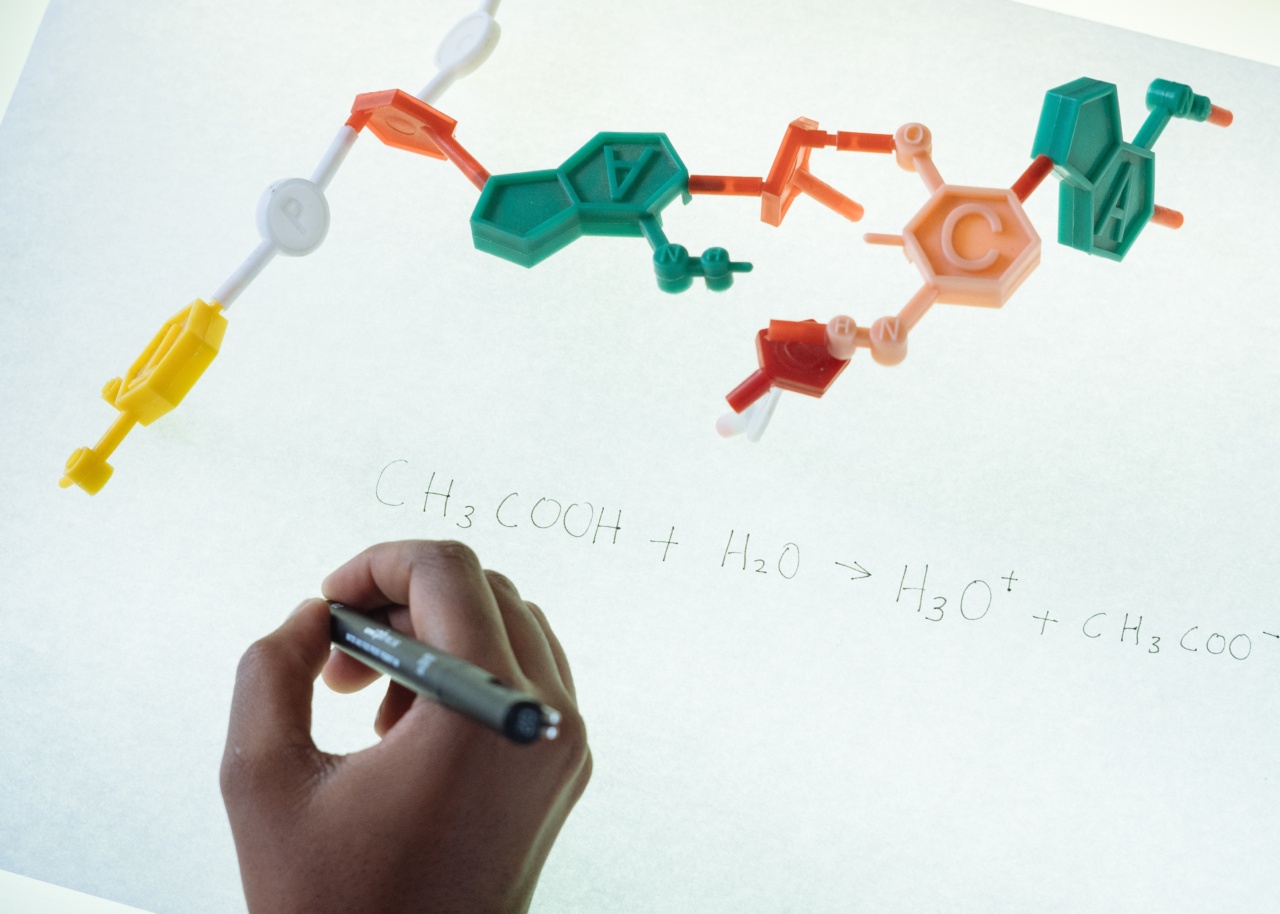Monogamy, or the practice of having only one sexual or romantic partner at a time, has been a topic of fascination for scientists and laymen alike.
While the concept of monogamy has been present in societies and cultures worldwide, the reasons for its existence and the mechanisms behind it have been widely debated. Recent research has shown the importance of the hormone oxytocin, also known as the “male molecule,” in shaping our behavior and feelings towards our partners.
What is Oxytocin?
Oxytocin is a hormone that is released in the brain and acts as a neurotransmitter. It is often referred to as the “love hormone” or the “cuddle hormone” due to its role in social bonding and attachment.
Oxytocin is released during activities such as hugging, kissing, and sexual intercourse, and is involved in regulating childbirth and lactation in women.
While oxytocin is often associated with women due to its role in childbirth and lactation, both men and women produce oxytocin.
In fact, research has shown that oxytocin is involved in a wide range of social and emotional behaviors in both genders, including trust, empathy, and the formation of close relationships.
The Role of Oxytocin in Monogamy
Recent studies have shown the important role that oxytocin plays in human monogamy.
For example, research has shown that individuals who are in monogamous relationships have higher levels of oxytocin than those who are single or in non-monogamous relationships.
In one study, researchers found that men who were given a dose of oxytocin were more likely to appreciate their partner’s physical appearance and be more open to bonding with them.
Another study found that women who were given oxytocin were more likely to disclose personal information to their partners, indicating a greater level of trust and intimacy.
These findings suggest that the release of oxytocin may be one of the mechanisms behind the feelings of social bonding and attachment that are associated with monogamous relationships.
The Evolutionary Advantage of Monogamy
While monogamy is not universal across societies and cultures, it has been present in many societies throughout human history. Researchers have proposed several theories about the evolutionary advantage of monogamy.
One theory is that monogamy serves as a mechanism for male parental investment. In many species, males do not contribute to the care of offspring, and instead focus on mating with as many partners as possible in order to spread their genes.
However, in species where males do contribute to the care of offspring, it may be advantageous for males to focus their resources on a single offspring rather than spreading them among multiple offspring. The practice of monogamy may therefore serve as a way for males to ensure that their offspring receive adequate resources and care.
Another theory is that monogamy may be beneficial for females by providing protection and support. In many societies, females are more vulnerable to violence and discrimination than males.
By having a single male partner who is committed to protecting them, females may have an increased chance of survival and reproductive success.
Overall, while the exact reasons for the existence of monogamy are still being debated, it is clear that the practice has played an important role in human societies and has contributed to the formation of strong, long-lasting relationships.
Conclusion
Monogamy is a complex topic that has been studied from many angles.
While there is still much to learn about the mechanisms behind it, research has shown that the hormone oxytocin plays a key role in shaping our feelings and behaviors towards our partners. By gaining a better understanding of the science behind monogamy, we may be able to better appreciate the importance of close, long-lasting relationships in our lives.































